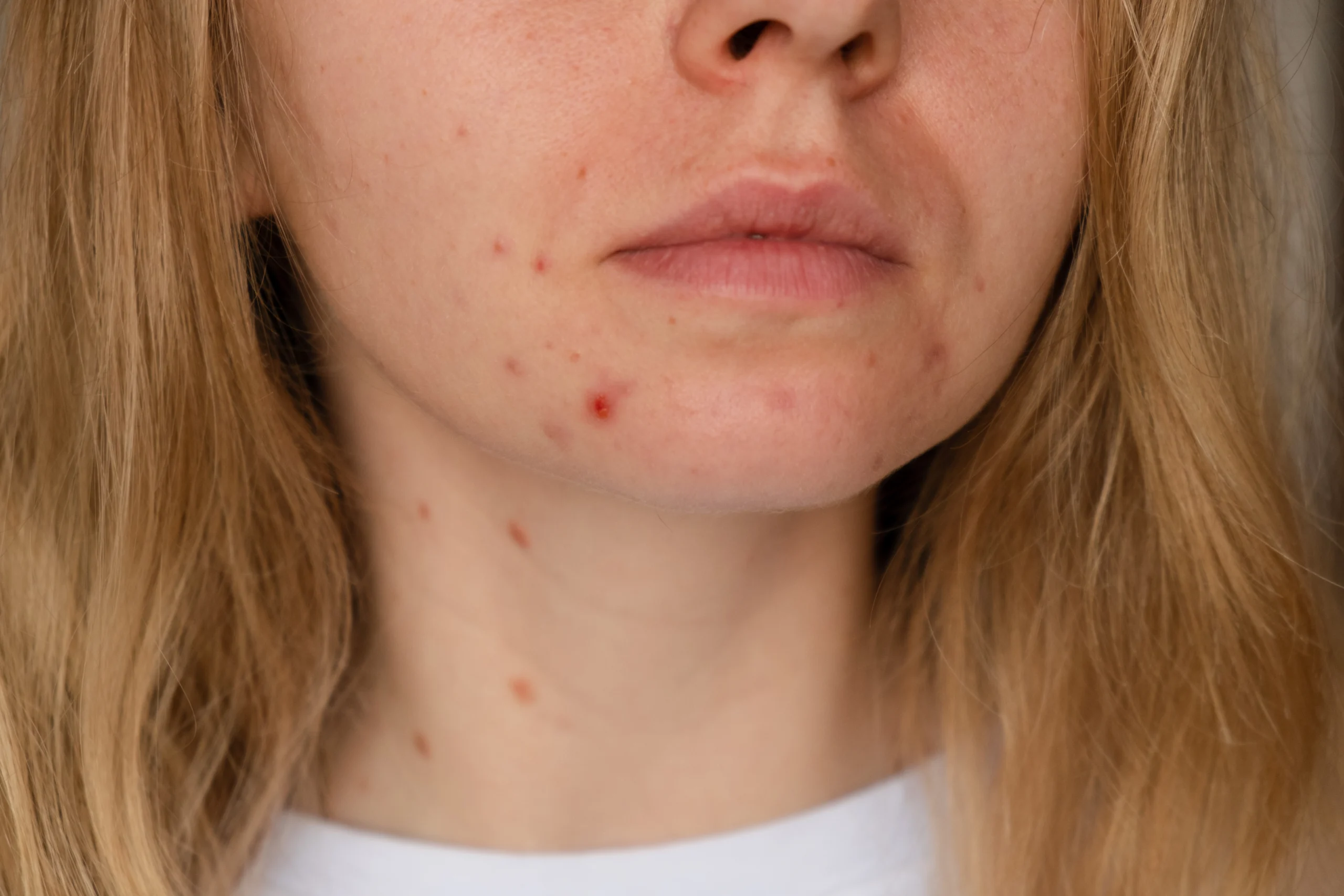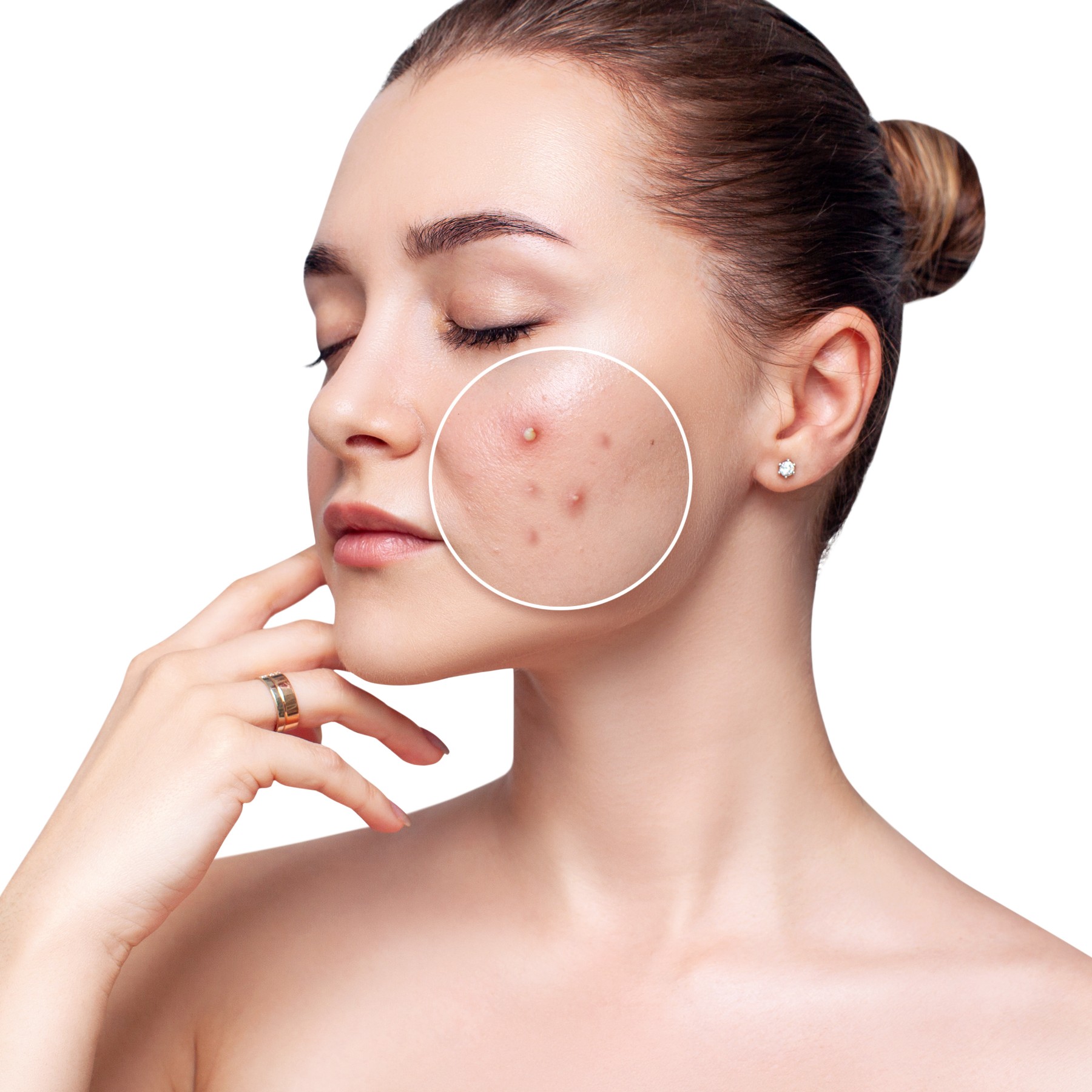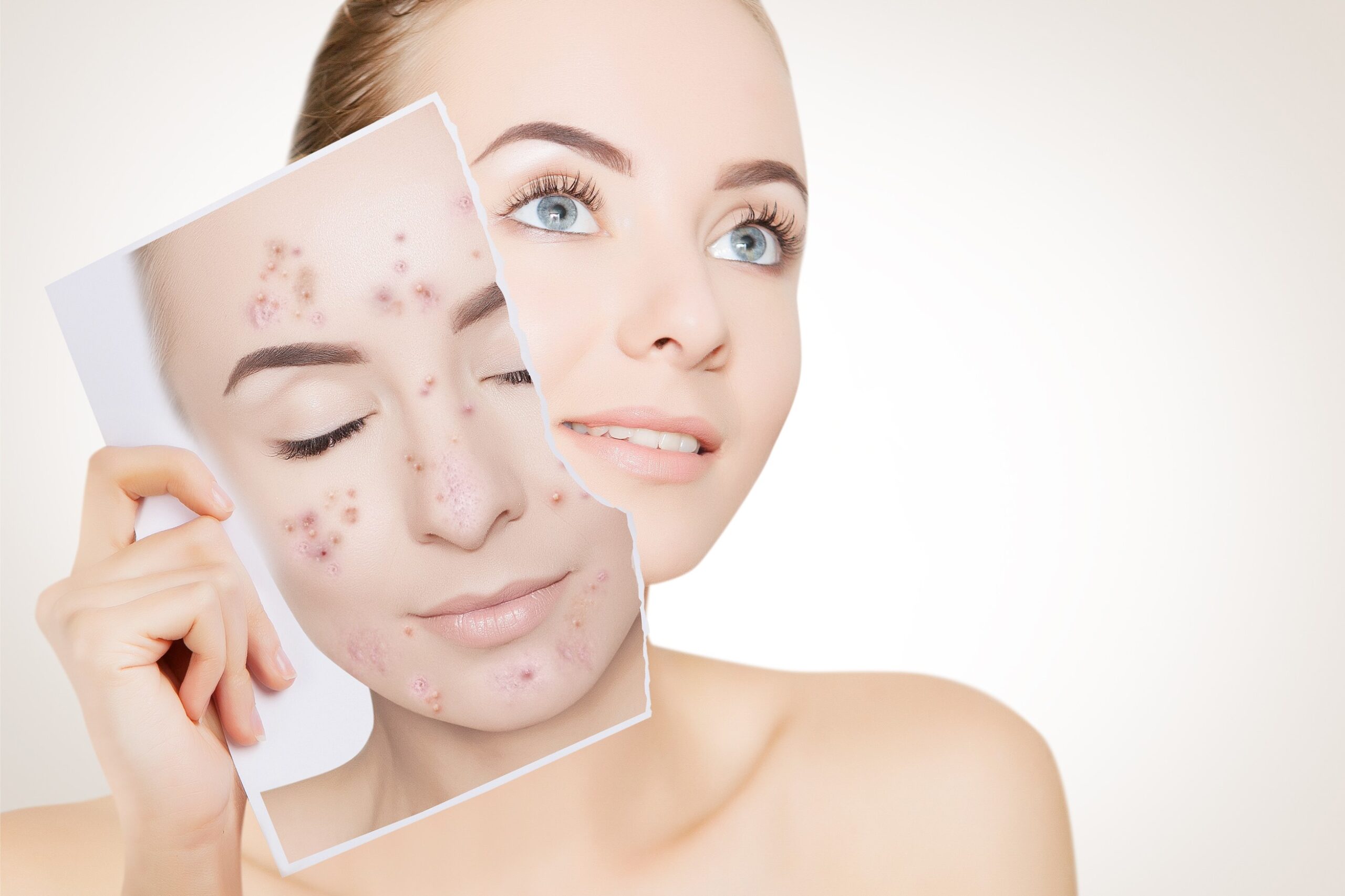
Acne scarring is a prevalent dermatological concern that affects many individuals worldwide. After battling with acne, the scars left behind can significantly impact one’s confidence and self-esteem. Understanding the available treatment options is crucial for those seeking to address these scars and restore smoother, clearer skin. Whether the acne scars are pitted, raised, or discolored, knowing the right approach to treatment can make a significant difference in achieving desired results. By exploring various treatment modalities and consulting with qualified dermatologists, individuals can find the most suitable solution to minimize the appearance of acne scars and regain confidence in their skin’s appearance.
Causes of Acne Scarring
Signs and Symptom
Acne scars manifest in various forms, each with distinct physical characteristics. Pitted scars, also known as atrophic scars, appear as depressions or indentations in the skin, resembling small pits or craters. These scars typically result from the loss of collagen and tissue during the healing process of severe acne lesions. Raised scars, on the other hand, develop when excess collagen forms during the healing process, causing the scar tissue to protrude above the skin’s surface. Discolored areas, such as red, brown, or purple marks, may also accompany acne scars, indicating post-inflammatory hyperpigmentation or erythema. Understanding these signs and symptoms is crucial for recognizing and addressing acne scarring effectively.
Effects on Health
Acne scars can have a significant impact on various aspects of a person’s health and well-being. Beyond their physical appearance, acne scars can profoundly affect self-esteem and confidence, leading to feelings of self-consciousness and dissatisfaction with one’s appearance. The visible reminders of past acne breakouts may cause individuals to avoid social interactions or activities where their skin is exposed, impacting their quality of life. Moreover, the psychological toll of acne scars can extend beyond cosmetic concerns, contributing to anxiety, depression, and other mental health issues. Addressing acne scars is not only about improving physical appearance but also about promoting mental and emotional well-being.
At FCP Dermatology we offer a wide range of surgical and cosmetic Dermatology services, in a 5-star luxury setting.
- +1 (416) 861-8600
- Contact via Email
Acne Scarring Treatment
Acne Scarring Microneedling
Vampire Facial
Carbon Peel
RF Microneedling
Green Peel
Derma Fillers
Treatments for Acne Scarring
Acne Scarring
Choosing the Right Treatment
When deciding on the most appropriate treatment for acne scars, it’s crucial to consider various factors to ensure optimal results. The type of scars, whether they are pitted, raised, or discolored, can influence the choice of treatment. Additionally, skin type plays a significant role, as certain procedures may be more suitable for specific skin types. Individual preferences, such as desired downtime and treatment goals, should also be taken into account. Consulting with a qualified dermatologist is essential, as they can assess the skin condition, determine the most effective treatment options, and tailor the approach to meet the individual’s needs. A personalized treatment plan ensures the best outcomes and enhances the overall experience of addressing acne scars.

Recovery and Results
After undergoing treatment for acne scars, it’s essential to understand the recovery process to manage expectations effectively. Depending on the type of treatment, there may be varying levels of downtime and potential side effects. For instance, procedures like microneedling and laser therapy may cause temporary redness, swelling, or mild discomfort, which typically subside within a few days to a week. It’s essential to follow post-treatment care instructions provided by the dermatologist to promote healing and minimize complications. As for the results, improvements in acne scar appearance may become noticeable over time, with the full extent of benefits typically becoming apparent after a series of treatments. While individual experiences may vary, most individuals can expect gradual enhancement in skin texture, tone, and overall complexion, contributing to a more refined and smoother appearance over time. Regular follow-up appointments with the Dermatologist can help track progress and adjust the treatment plan as needed to achieve the desired outcomes.
Safety Considerations
When considering treatments for acne scars, it’s crucial to prioritize safety and choose a dermatologist to ensure effective and safe care. Various acne scar treatments, such as microneedling, laser therapy, and chemical peels, come with potential risks and side effects, including redness, swelling, irritation, and changes in pigmentation. To minimize these risks, it’s essential to consult with a qualified dermatologist who can assess individual skin concerns and recommend the most suitable treatment options. Additionally, following post-treatment care instructions diligently is crucial for optimal results and to reduce the likelihood of complications. This may include avoiding sun exposure, using recommended skincare products, and attending follow-up appointments as advised by the Dermatologist. By prioritizing safety and seeking guidance from experienced professionals, individuals can undergo acne scar treatments with confidence and achieve smoother, more radiant skin.

Maintaining Results
After undergoing treatment for acne scars, it’s essential to maintain the results to ensure long-term skin improvement. One crucial aspect of maintaining results is following a consistent skincare routine tailored to your skin type and specific needs. This routine may include gentle cleansing, moisturizing, and the use of targeted treatments recommended by your dermatologist to promote skin healing and regeneration. Additionally, protecting your skin from sun exposure is paramount, as UV radiation can exacerbate scarring and cause further skin damage. Wearing sunscreen with broad-spectrum protection and avoiding prolonged sun exposure, especially during peak hours, can help preserve the results of acne scar treatment. Furthermore, attending regular follow-up appointments with your dermatologist allows for ongoing assessment of your skin’s progress and adjustment of treatment plans if necessary. By incorporating these practices into your daily skincare regimen, you can optimize the outcomes of acne scar treatment and maintain smoother, healthier-looking skin over time.
